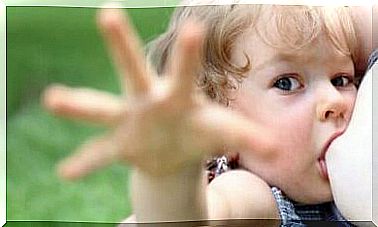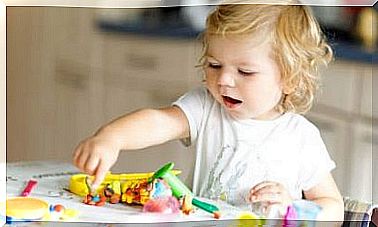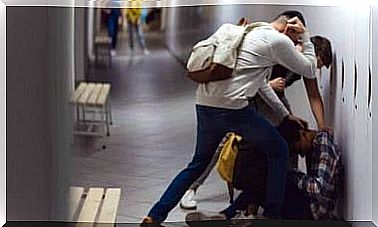Distracted At School? There Are Solutions!
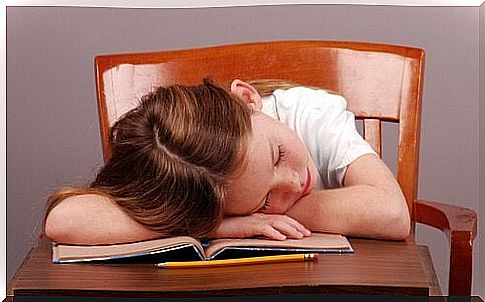
“My son / daughter gets distracted at school.” There are many mothers who express this, and it is one of the most common concerns when it comes to school-age children.
Children’s lack of attention can affect their learning and their academic performance.
There are many publications that try to approach this topic from different perspectives.
Here we will make an overview of the difference between a lack of concentration and having an attention deficit disorder. We also give recommendations and tips on exercises that can be performed at school and at home.
My son or daughter gets distracted at school: what should I do?
The difference between poor focus and distraction
Before we address this issue, it is important to make a distinction between a child who loses focus during lessons due to external stimuli, and those who actually suffer from a disability called ADD or attention deficit disorder.
The first condition is more common than parents might think, and it never lasts for a long time. In general, it is temporary. If the children receive the right stimuli, they immediately regain their ability to concentrate.
The second group comprises only 5% of all children. Attention Deficit Hyperactivity Disorder / ADD is a chronic disability, and children in this group need even more concentration exercises than the other group.
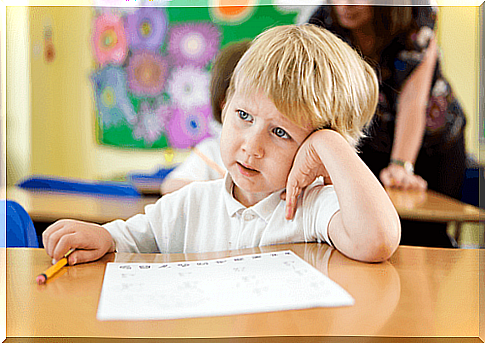
What can I do if my son / daughter gets distracted at school?
As we explained in the previous paragraph, concentration exercises are beneficial for a son or daughter who is temporarily distracted at school due to external stimuli, as well as for children struggling with ADD.
For both groups, it is important to design strategies that are developed in the classroom and which are then strengthened in the home.
Below we explain the actions that can be performed in these two areas:
A plan for the school
It is important that you talk to your child’s teacher so that you can plan a strategy together for the distracted child. In this sense, the most common measures and pedagogical strategies for capturing children’s attention are:
- Place the child on the first bench, in front of the teacher’s chairs.
- Keep the child away from the more talkative children, but also allow him or her to interact with his or her classmates.
- Look the child in the eye all the time when talking to make it feel the need to be alert.
- Ask surprising questions often.
This will help your son or daughter become more attentive and less distracted at school. But this plan should not just be implemented there. At home, certain measures must also be taken to strengthen the child’s ability to pay attention.
A plan for the home
There are several options when it comes to strengthening your child’s ability to concentrate at home. Let’s start with what is about studies and school work.
It is important that a child with attention problems has his or her own place of study where he or she can do his or her schoolwork.
Your child must have their own desk and an ergonomic chair. He or she also needs good lighting and there should be no toys or other distracting elements nearby.
You also need to turn off the TV and keep your child’s tablet or cell phone away while he or she does his or her homework.
Do not stay with the child and watch while he studies. Instead, circulate in and out of his or her room.
This is in line with how the teacher behaves in the classroom, and your child will feel your support as he or she performs his or her tasks.
Also, ask your child to do the most difficult task first. That way, he or she will not get tired or frustrated or abandon their tasks.
Always congratulate the child when he or she completes his or her homework. Then it will feel encouraged to continue studying and performing its tasks. He or she will also feel proud of his or her efforts.
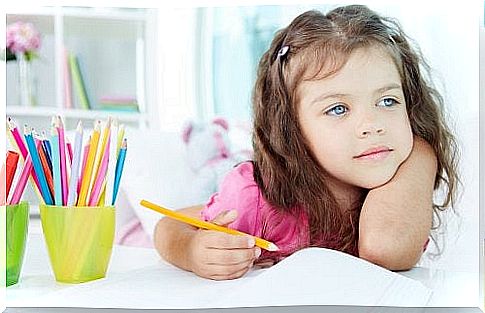
Leisure activities
- Have your child take music lessons, such as piano or violin. Motor activities stimulate patience and concentration.
- Have the child color mandalas, or take painting lessons.
- Give the child a puzzle and help him or her solve it.
- Play chess with your child.
- Help the child to cut out the divr. This also stimulates his or her attention.
With these simple steps, your child’s attention will be significantly improved.
Remember that if you have questions or concerns about ADD or attention deficit disorder , you can talk to your pediatrician, a psychologist, or a neurologist to rule out this disease.


